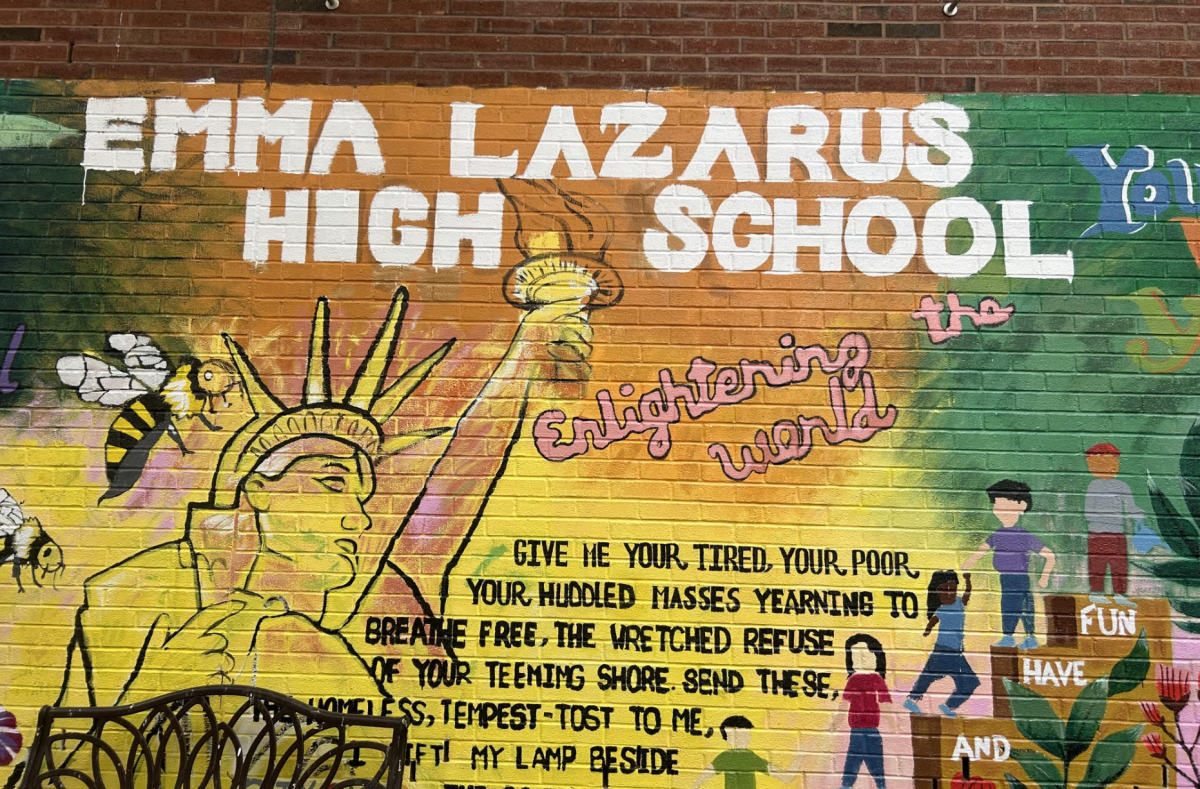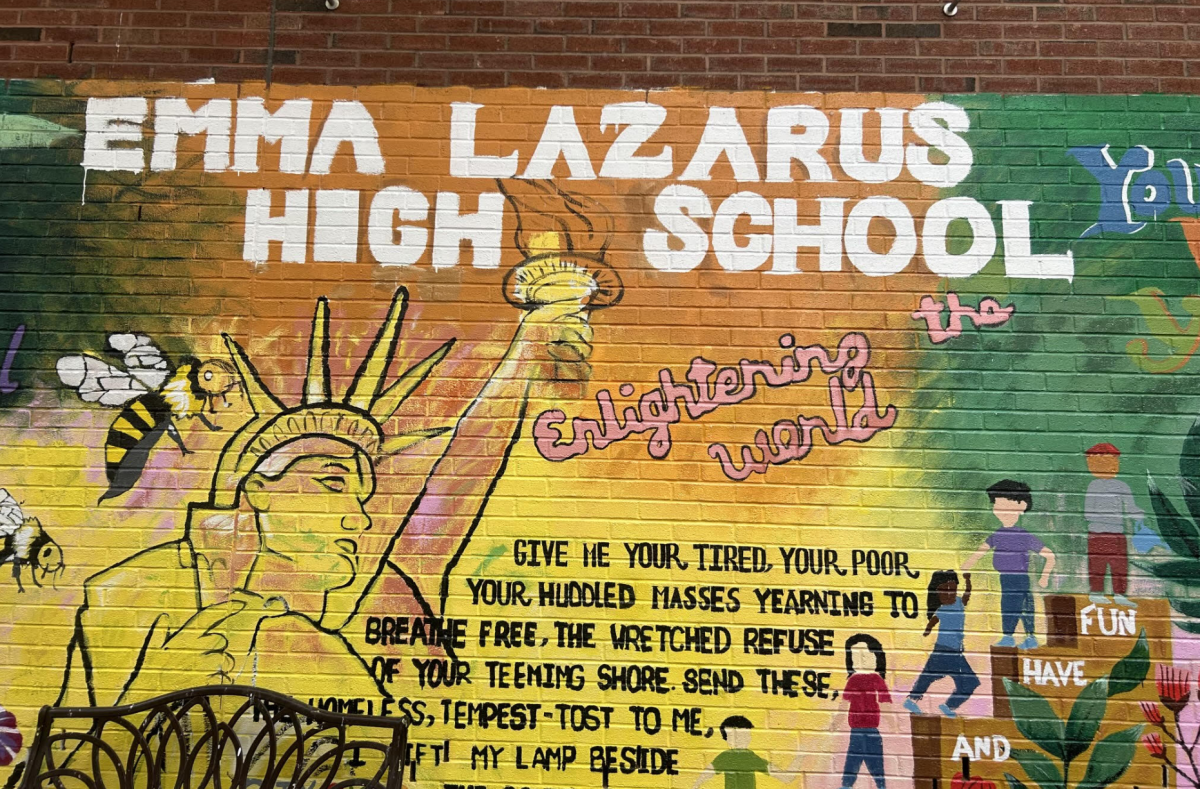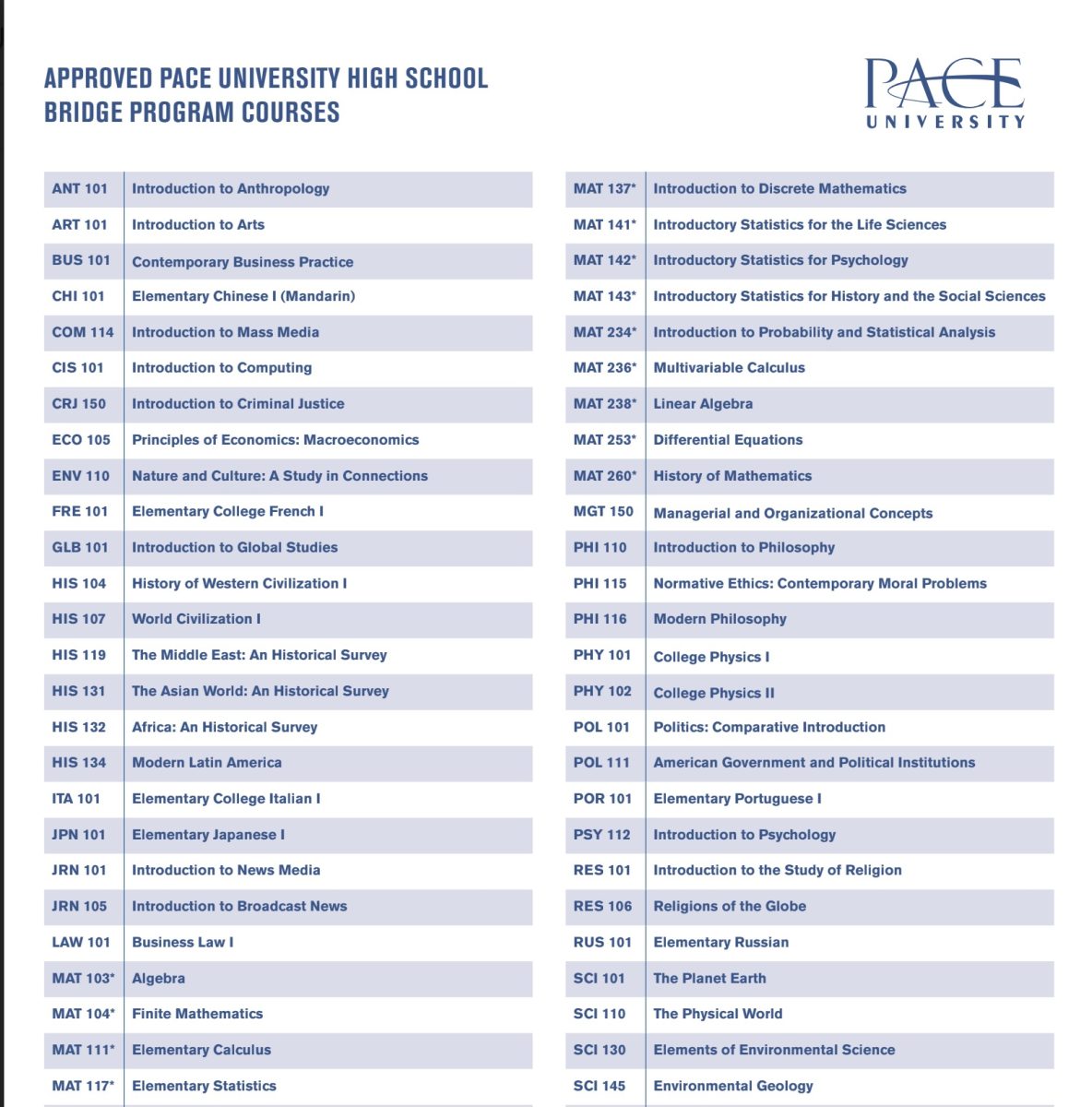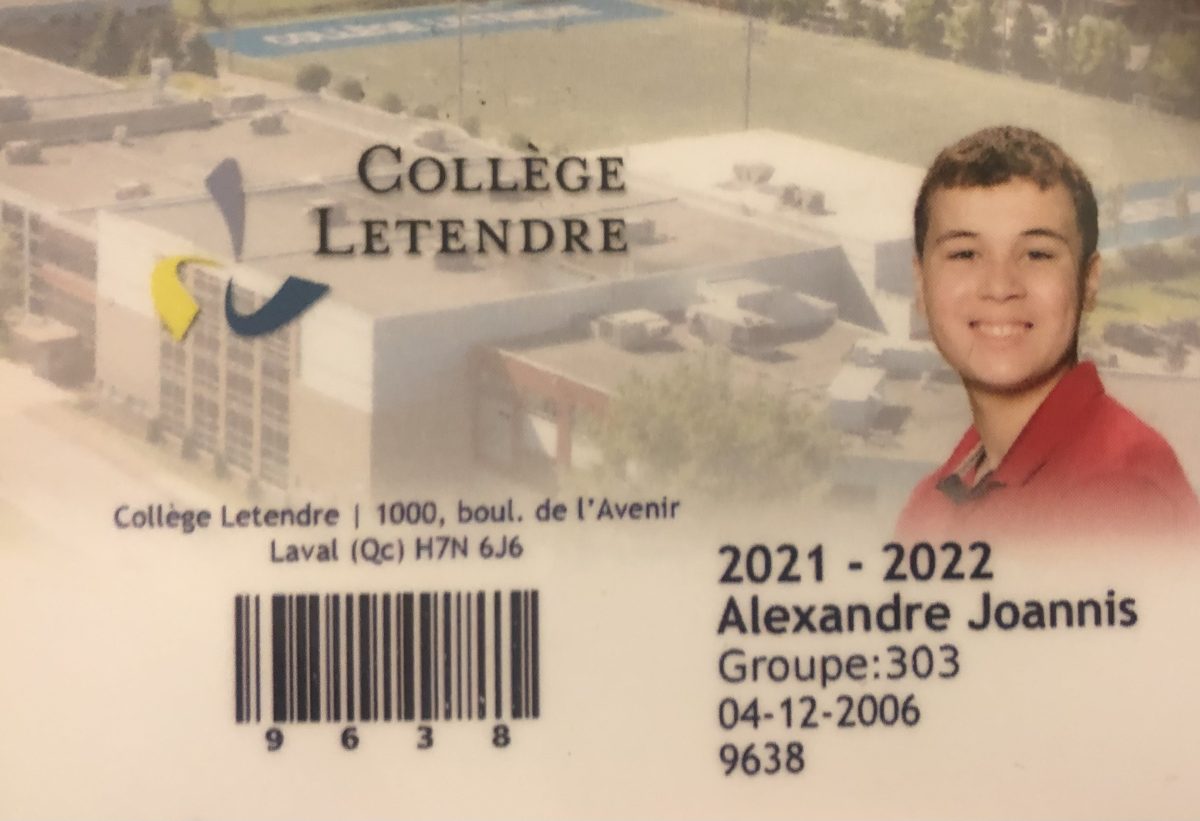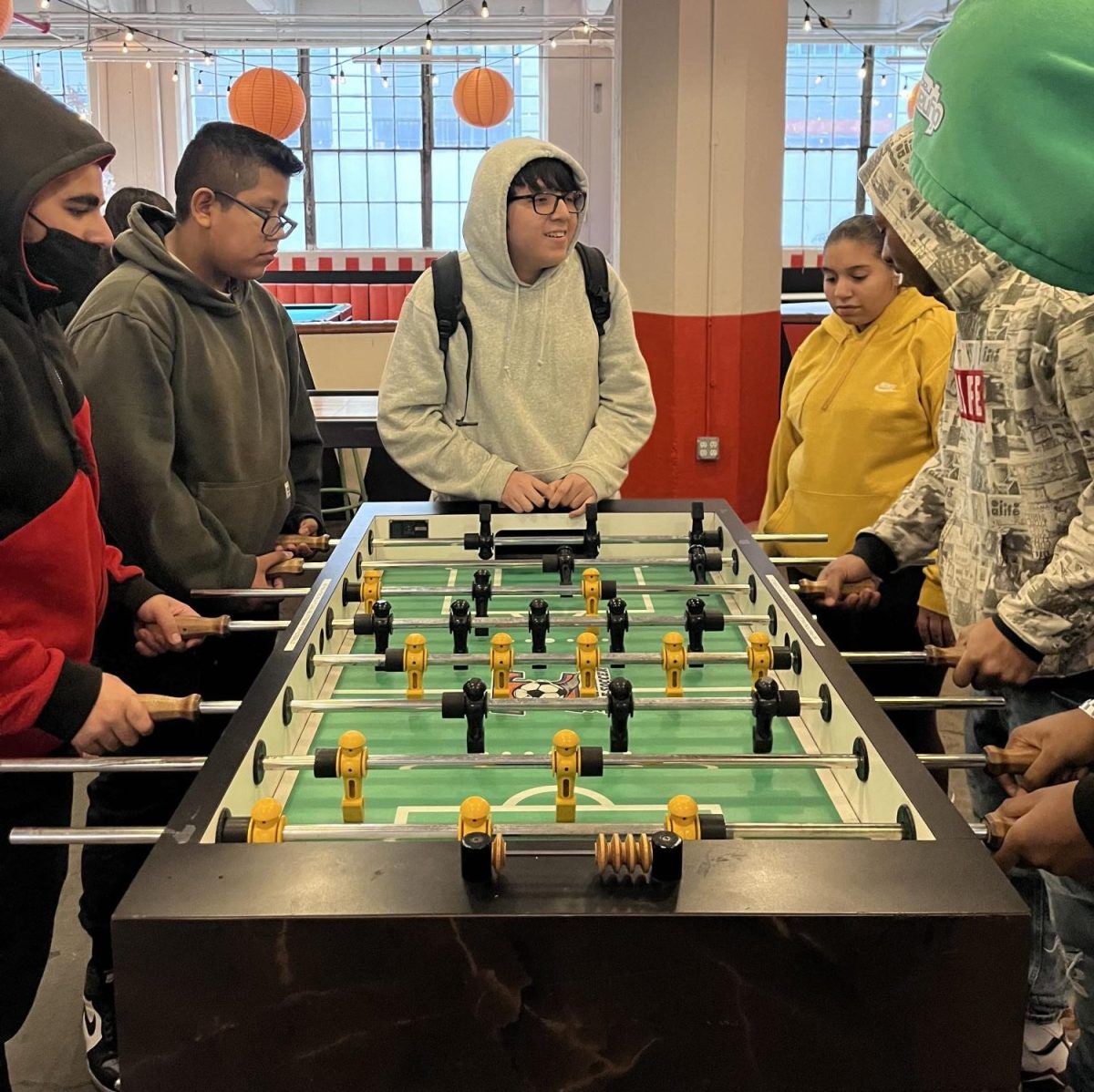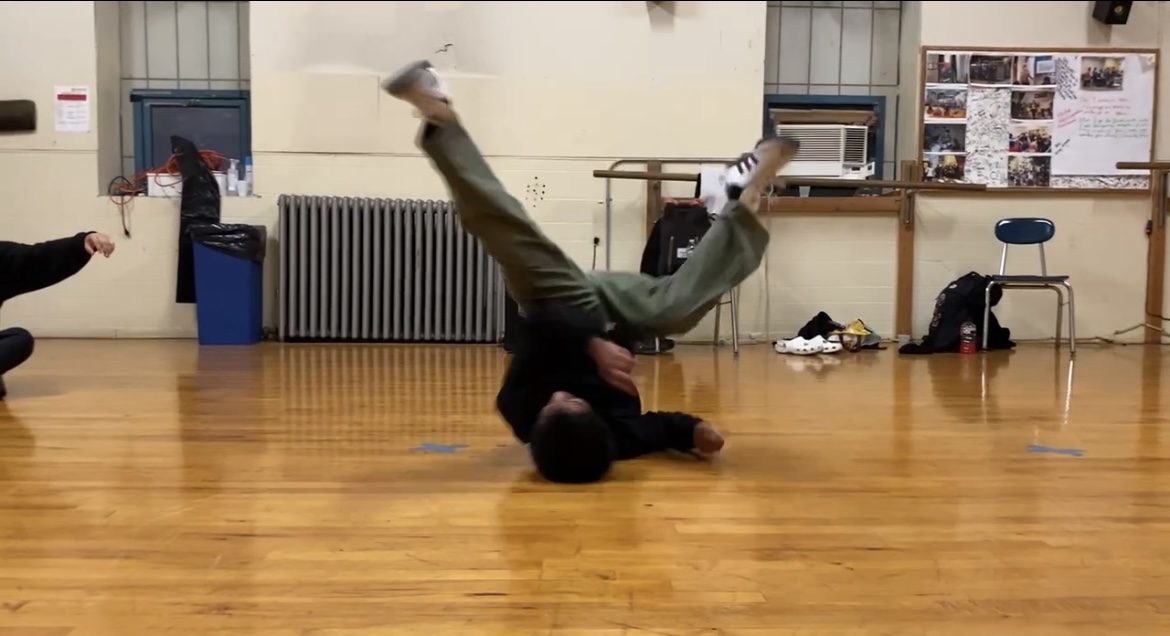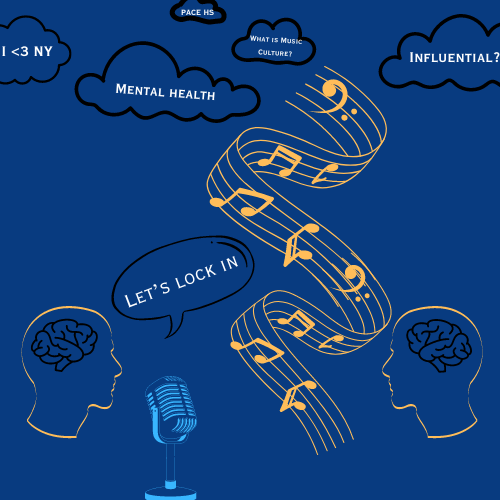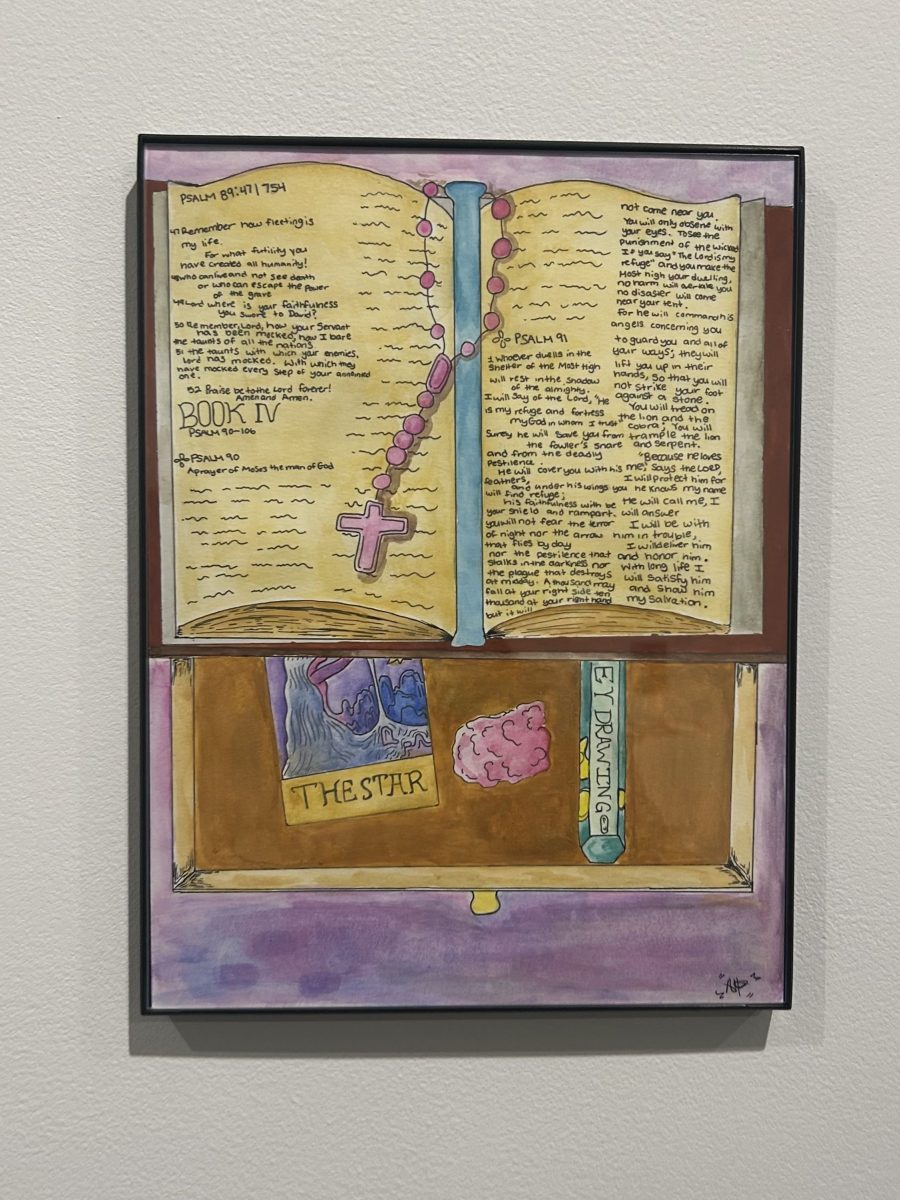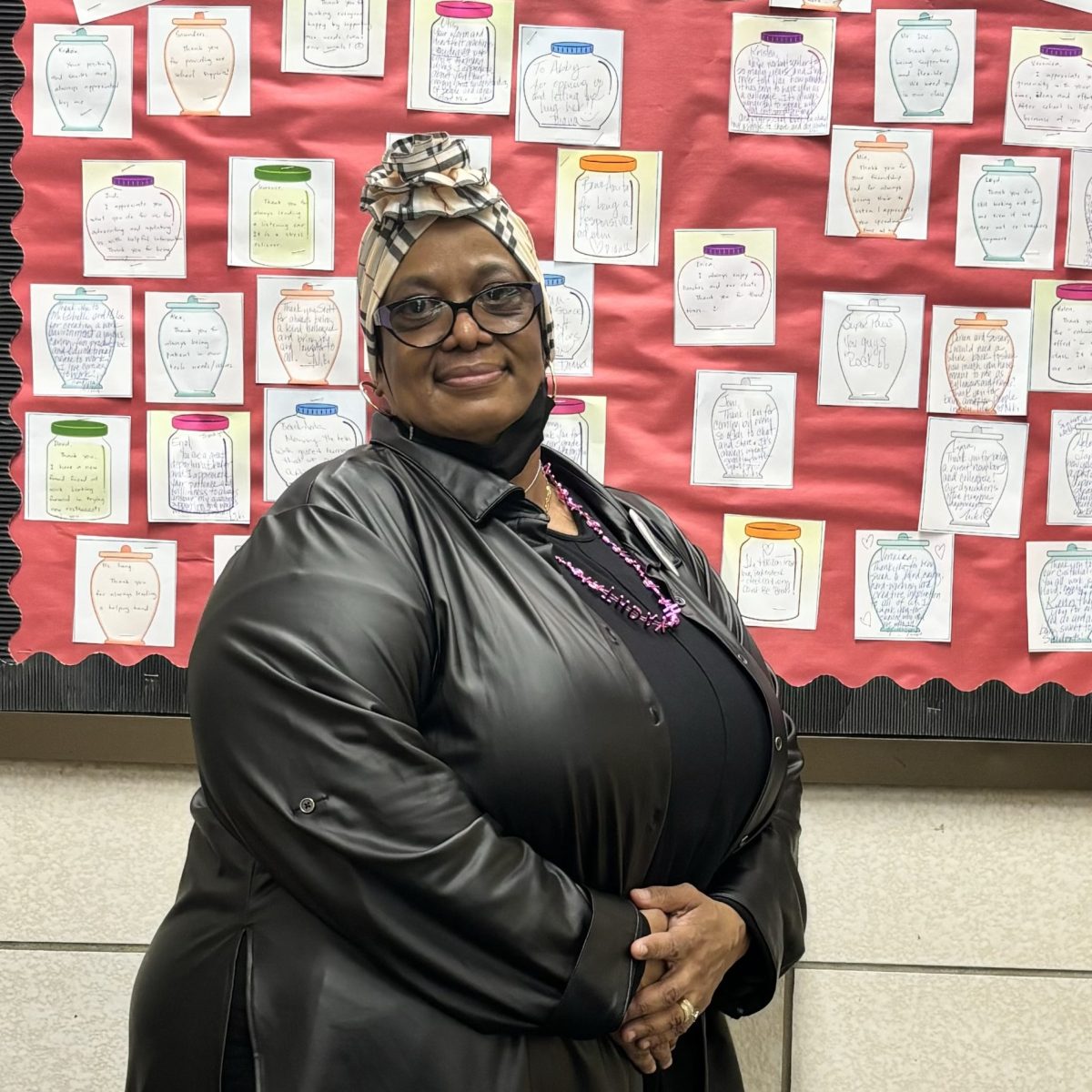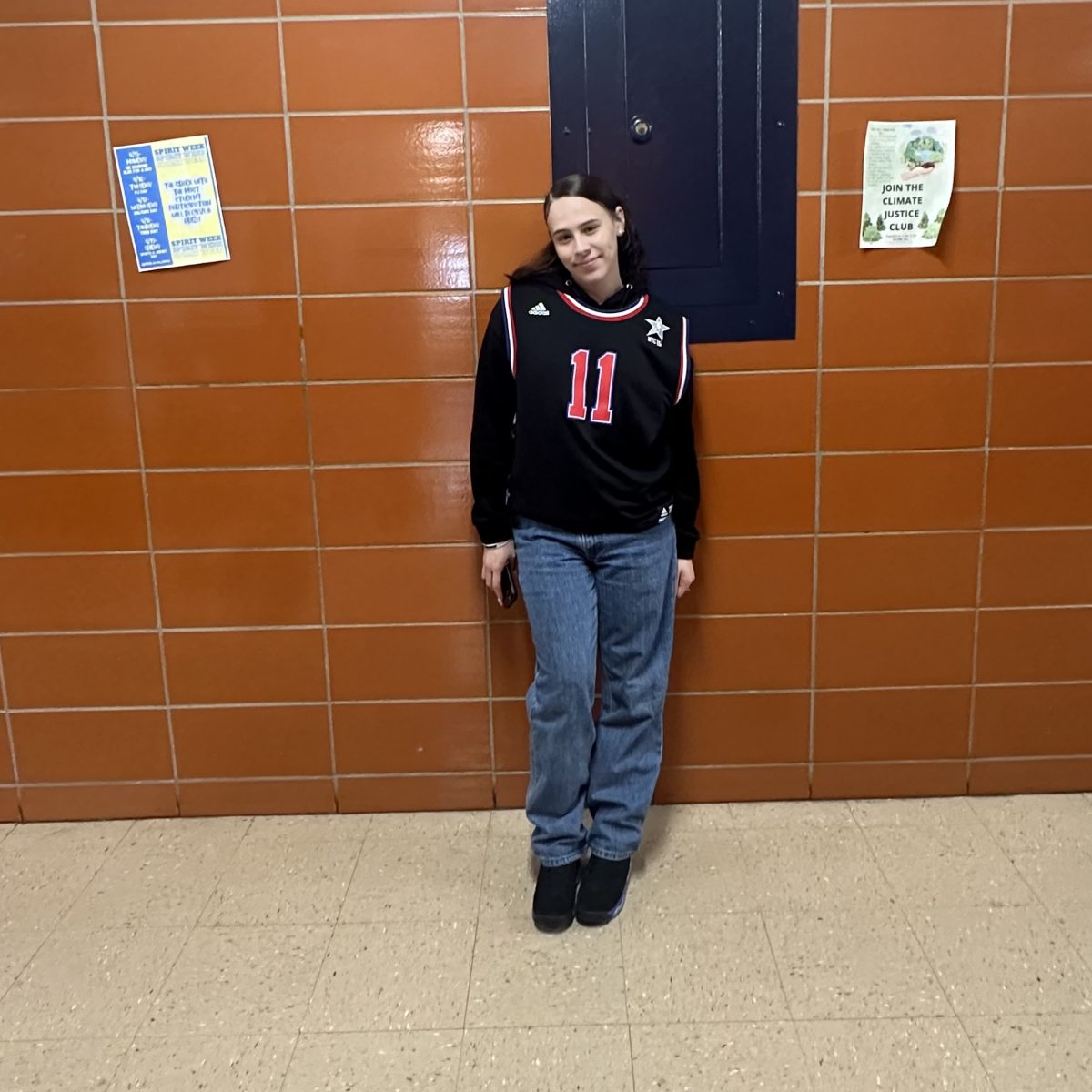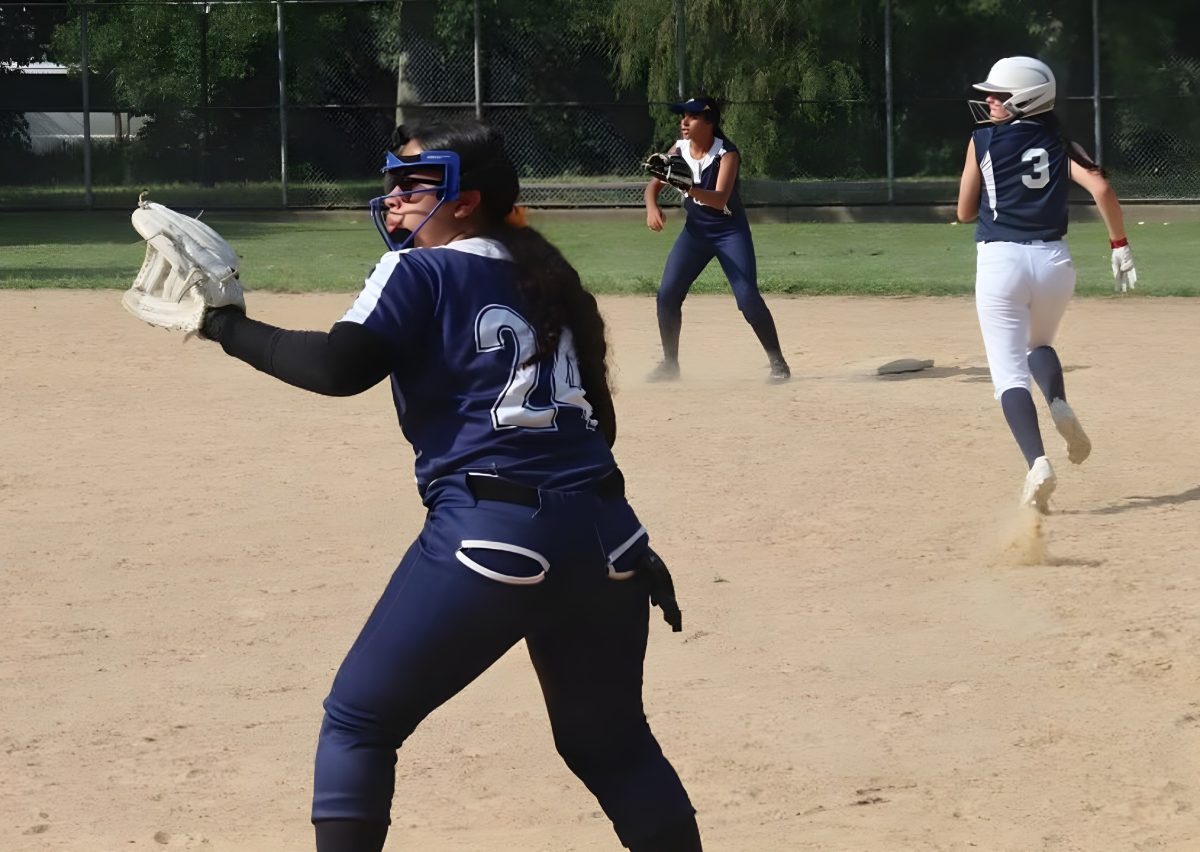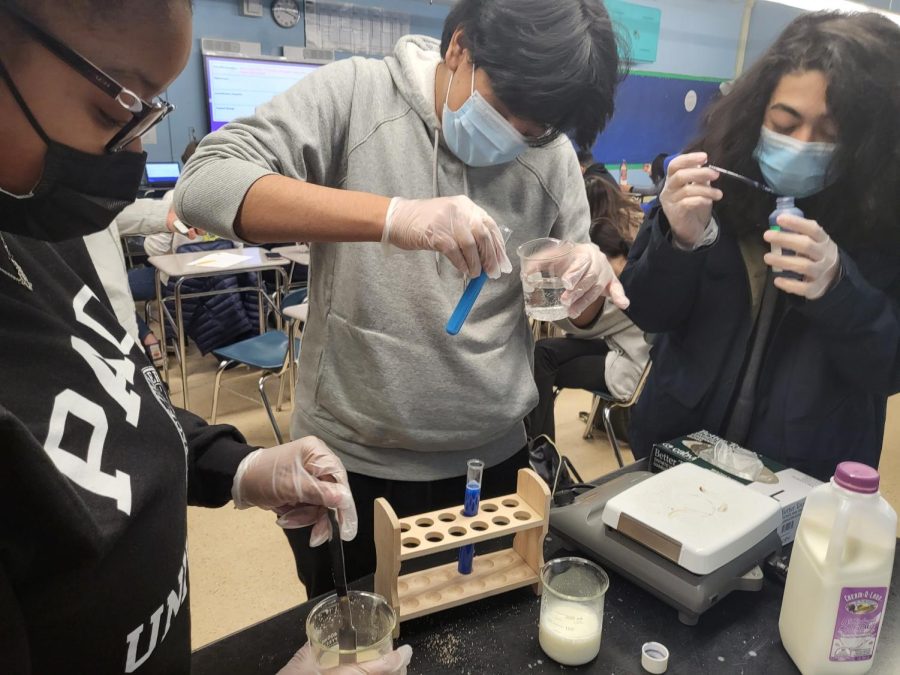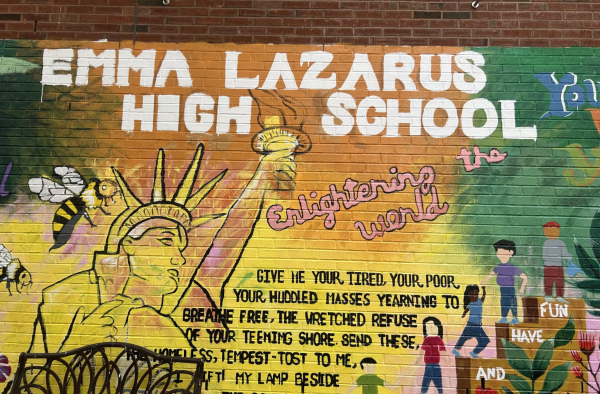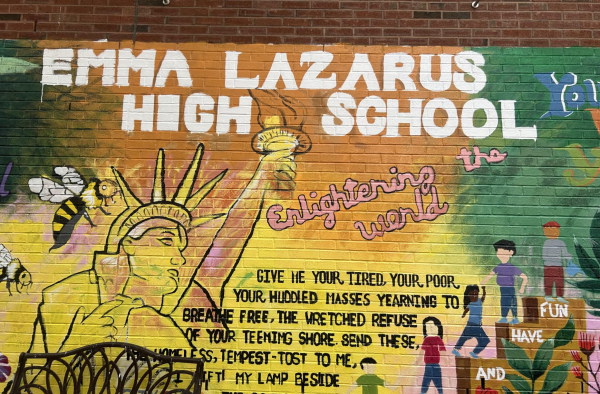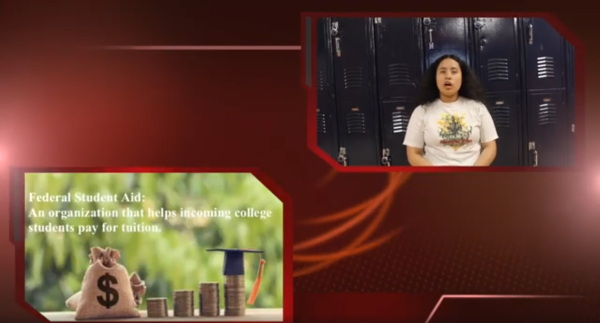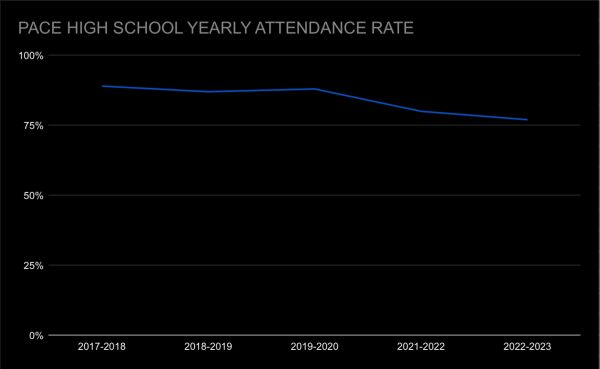Students Choose the Challenge of AP Classes
photo Kate Iza
Irelsa Arauz, Rogelio Trujillo and Michael Perez in AP environmental science are conducting an experiment to test how organic waste affects dissolved oxygen levels in aquatic ecosystems.
Students in the 10th through 12th grades are permitted to take various Advanced Placement or AP classes, but some students struggle to find reasons to enroll and then stay in these difficult classes.
Pace offers numerous AP classes such as English language and composition, English literature, U.S. history, environmental science, biology, calculus AB, and computer science. APs are offered to high school students so they can have college-level work and the transition to being a college student is much easier.
These college-level classes typically give more and harder work compared to the regular high school curriculum. Senior Jaheim Wright said, “You’re going to get longer assignments, especially in English and bio. It’s something like a college-level course, so expect it to be challenging. Don’t expect it to be easy.”
Although these classes are difficult and hard to commit to, there are still a fair amount of students that are up to do AP classes. Mr. Greenblatt, the AP calculus AB teacher, said that there was an average of 30 kids in his class. Even though this difficult class has a high enrollment, there is still fear of not passing or not doing well since these classes are harder than regular classes.
These expectations put pressure on students and make them unsure to enroll in AP classes or to enroll again. Isak Larsson, 12th grade, said, “None of us feels confident, it’s absolutely, 100% percent difficult, especially calculus.”
The AP enrollments at Pace are also affected by students’ motivation and the lack of time and effort that students have since high school is already stressful. Wright also said that “kids are already overwhelmed with high school and since AP courses are already challenging, they don’t want to put in that much effort or stay that much longer at school at night or do that extra work. It really just goes by character, who you are, if you want to do it and consume it. If you can’t handle it, you can always drop out, but always know what you’re getting yourself into.”
These AP classes are hard and if kids are not ready to do them it can result in a failing grade on their report card, which adds stress to students’ lives and puts them under a lot of pressure.
Whoever enrolls in AP classes gain benefits for college. Gaining credits for college is a big reason why students take APs. It saves students thousands of dollars in college tuition.
Also, students join for the reason that it looks good on their records to get into the college they want. 12th grader Jaheim Wright said, “I do think they’re worth it because they’re like a college course, not really preparing you for the real world but taking them in high school will make you prepared for college and get the benefits that come with them.”

Kate Iza, a junior at Pace High School, is a reporter and designer for the Pacer. A fun Sunday for Kate is going to a café to get iced coffee and crochet...

